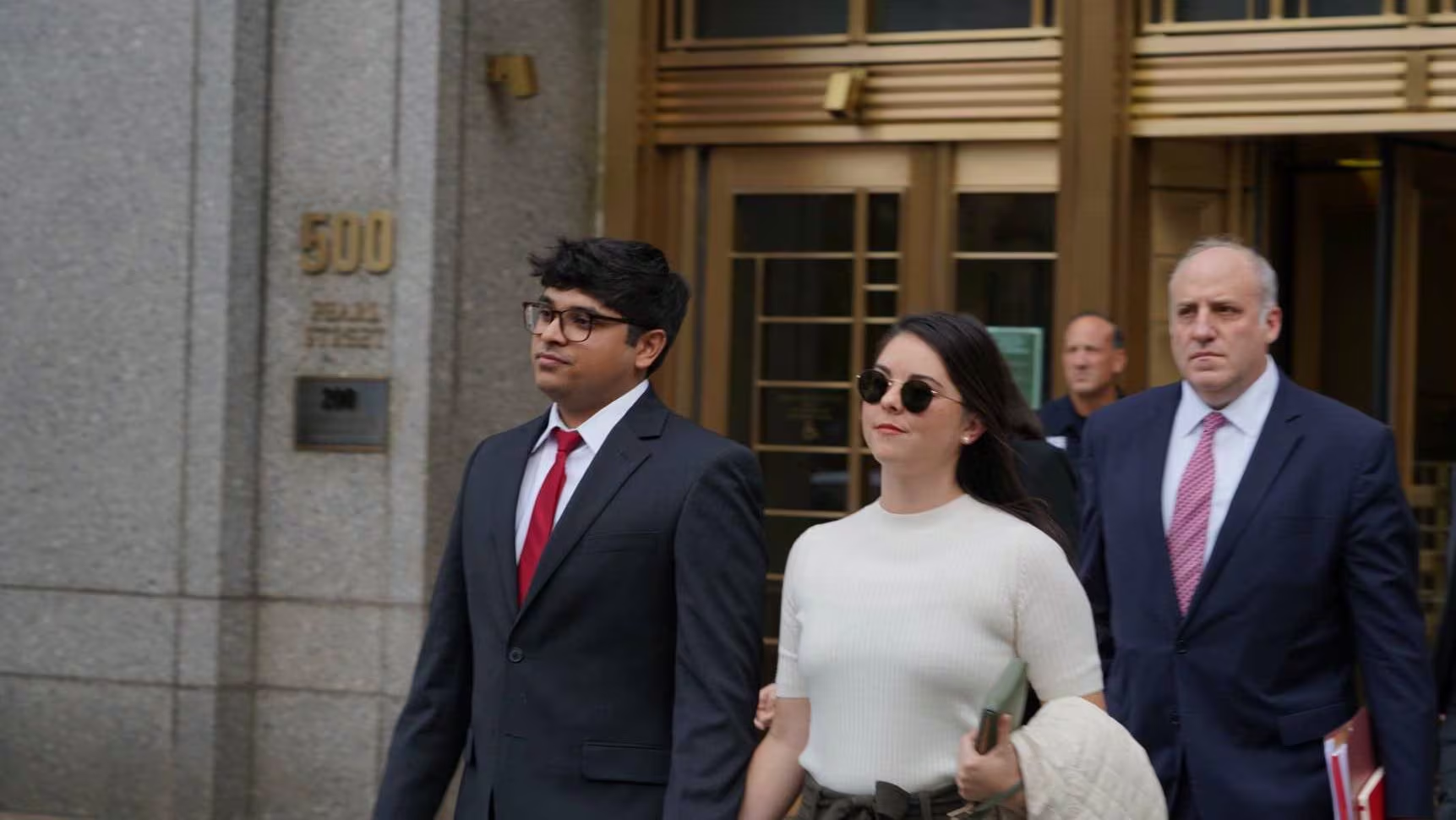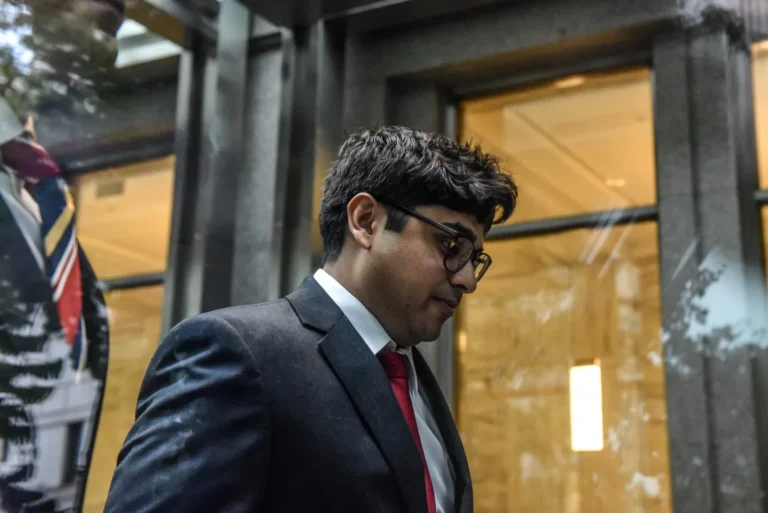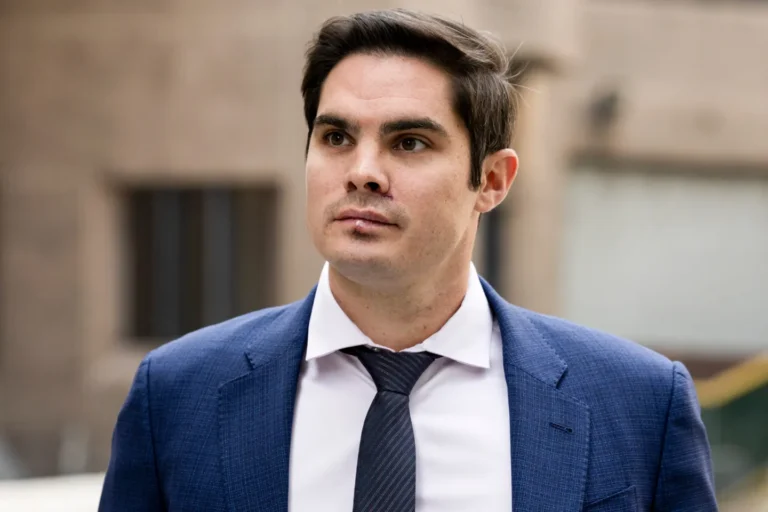The High-Stakes Drama of Nishad Singh: A Fight for Justice and Redemption
In the fast-paced world of cryptocurrency, the collapse of FTX, a major crypto exchange, sent shockwaves through the industry. Now, one of its former engineering directors, Nishad Singh, stands at a crossroads, facing potential jail time. But his defense argues that his role in the FTX disaster was far less significant than others, and that he deserves mercy.
Why This Matters: A Glimpse into Crypto Ethics and Accountability
- Understanding the Case: Nishad Singh, once a key figure at FTX, pled guilty to serious crimes, including fraud. His cooperation with authorities has drawn attention to the complexities of corporate accountability in the volatile world of cryptocurrencies. The case raises critical questions about who is truly responsible when things go wrong and how justice should be administered.
- The Ripple Effect: The downfall of FTX affected countless investors and customers who lost billions. It’s essential to understand the ethical implications of corporate decisions in crypto, where the lines between innovation and fraud can sometimes blur. This case highlights the need for clear regulations to protect consumers and ensure accountability.
- The Role of Cooperation: Singh’s lawyers emphasize that his cooperation with investigations sets him apart. His willingness to testify against FTX’s founder, Sam Bankman-Fried, and acknowledge his mistakes shows a desire for redemption. This points to a broader theme: can cooperation be a pathway to forgiveness in the eyes of the law?
Key Points to Remember:
- Nishad Singh’s Limited Role: His defense argues that he joined the conspiracy only shortly before FTX’s collapse, suggesting that his involvement was not as deep as others’. This aspect of his defense raises questions about how we define complicity in corporate wrongdoing.
- The Power of Apology: Singh expressed profound remorse for his actions, indicating a struggle with guilt. His emotional letter to the judge reveals the human side of this legal drama—how accountability weighs heavily on those involved.
- Consequences for Others: Singh’s situation is contrasted with that of Bankman-Fried, who received a 25-year sentence for fraud. This disparity in punishment emphasizes the court’s approach to different levels of involvement in a crime, which is vital for understanding justice in corporate crime.
- Upcoming Sentencing: Singh’s fate will be decided on October 30, a date that could redefine his life. This uncertainty adds to the drama, making it a pivotal moment not just for him but for the entire crypto landscape.
Why You Should Care
Understanding this case is crucial as it shines a light on the ethical dilemmas in the crypto industry and the need for regulations. The stakes are high—not just for those involved but for every investor, especially as cryptocurrencies continue to grow in popularity.
Building Knowledge: By learning about cases like Nishad Singh’s, you can gain insights into the complexities of finance, ethics, and law. This knowledge is not just theoretical; it has real-world implications for how we invest, regulate, and innovate in the future.
Final Thoughts
Nishad Singh’s story is more than a legal battle; it’s a compelling narrative about accountability, remorse, and the quest for justice in the ever-evolving world of cryptocurrency. Understanding these dynamics is essential for anyone looking to navigate the exciting, yet often tumultuous, waters of digital finance. So, keep your eyes peeled—this case could shape the future of crypto regulation and ethics in a profound way.



